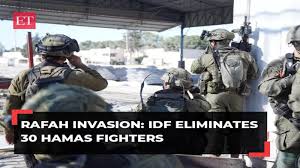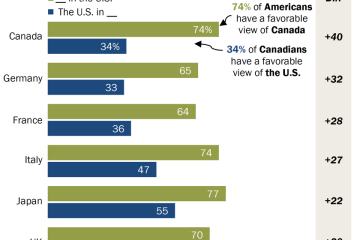Understanding Hamas: Current Context and Significance

Introduction
The Palestinian militant group Hamas has drawn significant global attention due to its complex role in the Israeli-Palestinian conflict. Founded in 1987 during the First Intifada, Hamas was created as an offshoot of the Egyptian Muslim Brotherhood. It has since evolved into a political and militant organization that emphasizes armed resistance against Israel while simultaneously providing social services to Palestinians. Understanding Hamas is crucial as its actions and policies significantly influence the ongoing tensions in the Middle East, impacting regional stability and international relations.
Current Events and Developments
In recent months, tensions between Hamas and Israel have escalated, most notably following the renewed violence in Gaza and a series of retaliatory airstrikes. The situation worsened dramatically in October 2023, when a large-scale attack by Hamas led to significant casualties and condemnation from the international community. Israel’s response involved extensive aerial bombardments targeting Hamas infrastructure in Gaza, raising concerns about civilian casualties and a potential humanitarian crisis.
The conflict has also triggered a wave of international diplomatic responses, with many countries urging de-escalation and a return to negotiations aimed at achieving lasting peace. The United Nations has called for an immediate ceasefire, while regional players like Egypt and Qatar are attempting to mediate talks between the conflicting parties. The U.S. government has reiterated its support for Israel’s right to defend itself while calling for the protection of civilians caught in the conflict.
The Role of Hamas in Gaza
Hamas governs Gaza, having won a majority in the Palestinian legislative elections held in 2006. Despite its role as the de facto authority, the group faces criticism for its governance style and ongoing conflict with the rival Palestinian faction, Fatah. The challenging socio-economic conditions in Gaza, exacerbated by a blockade imposed by Israel and Egypt, have fueled discontent among the local population. While Hamas has garnered support through its social programs, its militant actions often overshadow these efforts, complicating the political landscape further.
Conclusion
The significance of Hamas in the Israeli-Palestinian conflict cannot be overstated. As tensions remain high, the organization’s actions will continue to impact not just the immediate region, but also global geopolitics. The future of Hamas and its role in peace negotiations remain uncertain, particularly as international calls for a two-state solution gain momentum. As events unfold, observers must keep an eye on the humanitarian implications and the broader quest for stability in the region.









